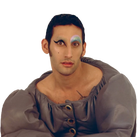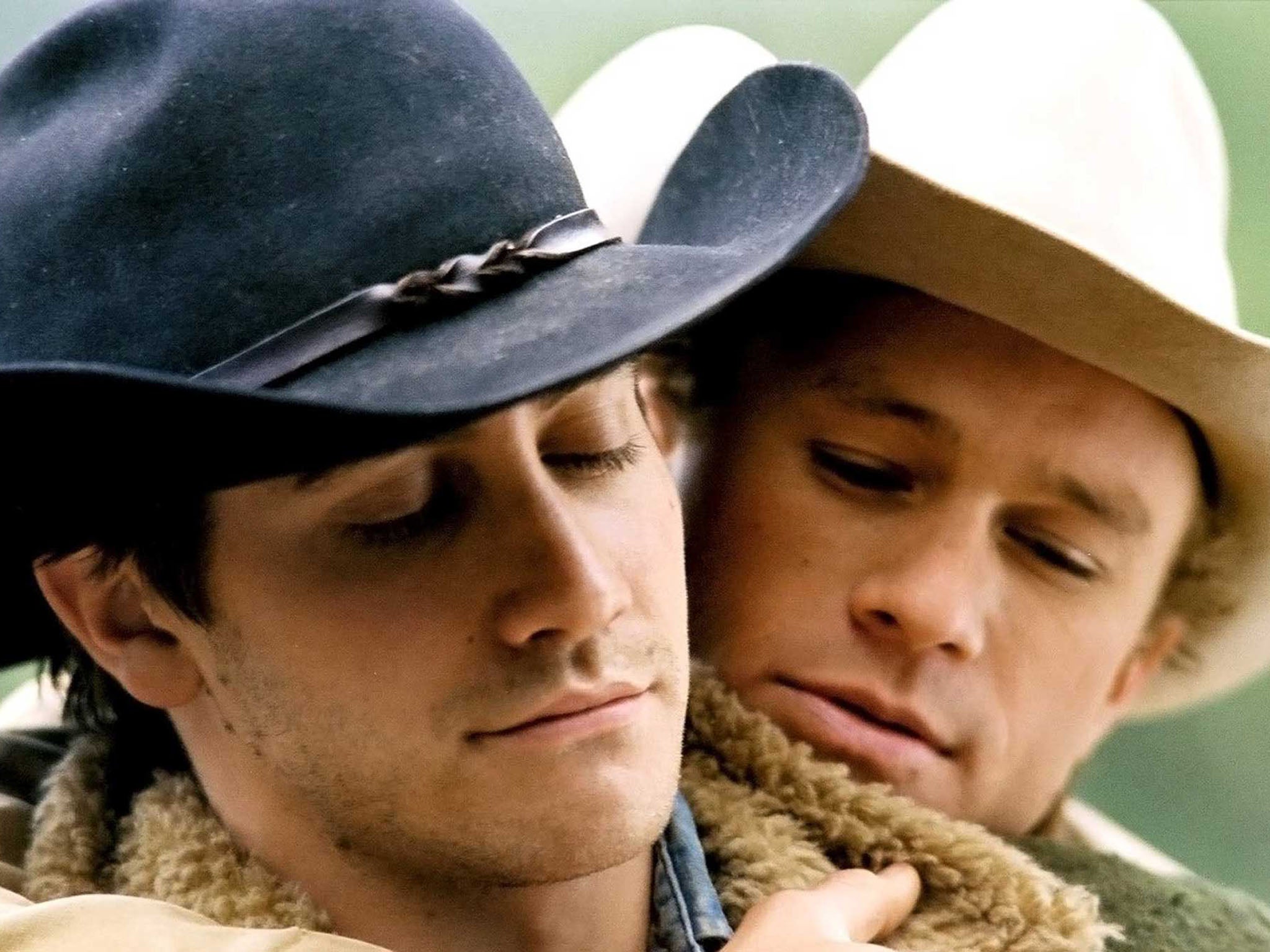Queer cinema still finds it hard to be honest about gay sex, misogyny and whiteness
When I was 16, I had sex for the first time and tried to recreate a scene from Brokeback Mountain. That was a big mistake


When you grow up gay in a world not designed for you, TV and film are more than just entertainment – they’re a lifeline. I was raised Muslim, in a household where being gay was as absurd an idea as Ed Sheeran having cultural legitimacy; but at night, when the house was asleep, I’d sneak to the TV room, desperately seeking proof that I wasn’t the only gay in the village.
Programmes like Channel 4’s Queer as Folk and HBO’s Angels in America were windows into a reality I felt more in tune with. It didn’t matter that every character was white; the mere utterance of the word “gay” on a public screen felt more affirming than seeing my own reflection for the first time.
But as gay people, we deserve more than just seeing some semblance of ourselves on screen – we deserve to see ourselves represented in all our many complexities. And there’s a lot left to be desired.
For one, gay sex is rarely depicted accurately on screen. Gay sex, to put it bluntly, can get messy. For it to go well (and it’s blissful when it does!) there are intricate pragmatics involved.
The receiving partner usually has to prepare themselves so that the sexual encounter is a “clean’ one - it’s called douching. The only time I’ve seen this portrayed was in the second series of Andrew Haigh’s Looking; watching this, I was comforted to see that other gay people experienced it too.

Most films, however, in their desire to neaten gay male sexuality and perhaps make it seem more like straight sex, skip this step out. In Brokeback Mountain, for instance, the two ranchers spontaneously have sex in the middle of the night after a long day’s work, some food, and with no preparative warnings (and no lubricant). I was 14 when I saw the film; when I had sex for the first time at 16, I attempted something similar (but without the sheep-rearing cowboy bit). The ensuing experience was somewhat traumatic. It was messy as hell, and no warnings on screen had alerted me to that being a potential outcome.
It would be a stretch to suggest that all gay men learn to have sex through what they watch on screen – but when you’re growing up with no information around you, any crumbs of media representation have a profound effect on your sexual realisation. Gay sex is so polished on screen that I fear it’s painting a skewed version of what’s actually involved, erasing all the “uncomfortable” preparations, the particular positions and practicalities for it to go smoothly.
This happens even in the best of films. The recently beautiful God’s Own Country – which was more candid than most in its presentation of gay sex – left me wondering in one particular moment, “Wait, these two strangers spontaneously had sex in a van after lunch without any preparation?!”

And then there’s the fact that the majority of LGBTQ+ cinema is by and about white gay men. When any gay storyline gets the time of day on screen, I feel happy – but as someone of colour and someone who identifies as genderqueer, I remain mostly invisible while white gay men dominate cinematic space.
Andrew Haigh’s superb Weekend portrayed two white gay men, and his Looking was by and large about white men as well (as a side note, can we please STOP casting Russell Tovey in every gay narrative?!).
God’s Own Country and Call Me by Your Name, two recent releases that took my breath away, still idealise a white, cisgender form of male sexuality. Both films are hopeful and inspiring in so many ways, but I’m still left asking: where do I, and all the other non-confirming queer bodies, fit into the landscape? Surely the meteoric success of last year’s Moonlight was an indication of how hungry audiences are for more diverse LGBTQ+ content.
LGBTQ+ cinema is so often about sex and relationships; but from where I’m sitting, being queer is an intersectional experience. My most significant queer relationship happens to be with a queer woman – it’s not sexual, but it’s bursting with love and support. But in a lot of the gay cinema I watch, women are portrayed as villains, obstacles or jokes to gay men.
In the recent Saturday Church, for instance, it is the gay protagonist’s strict aunt who is the major story antagonist. In Call Me by Your Name, the women are mere pawns in the sexual games of the two male leads; in the heart-warming Pride, lesbian women are the continual butt of the joke. It’s frustrating that gay cinema so often belittles women, when the target of mockery should surely be patriarchal structures of oppression.
Thankfully, we are at a time where the film industry is making great efforts to diversify its production – the BFI’s recently announced diversity targets in particular give me hope. The queer teenagers of the future – especially those who feel they have nowhere to turn – need their TV screens to present them a world they belong in. Because if not there, then where on earth will they find belonging?
Join our commenting forum
Join thought-provoking conversations, follow other Independent readers and see their replies
Comments
Bookmark popover
Removed from bookmarks